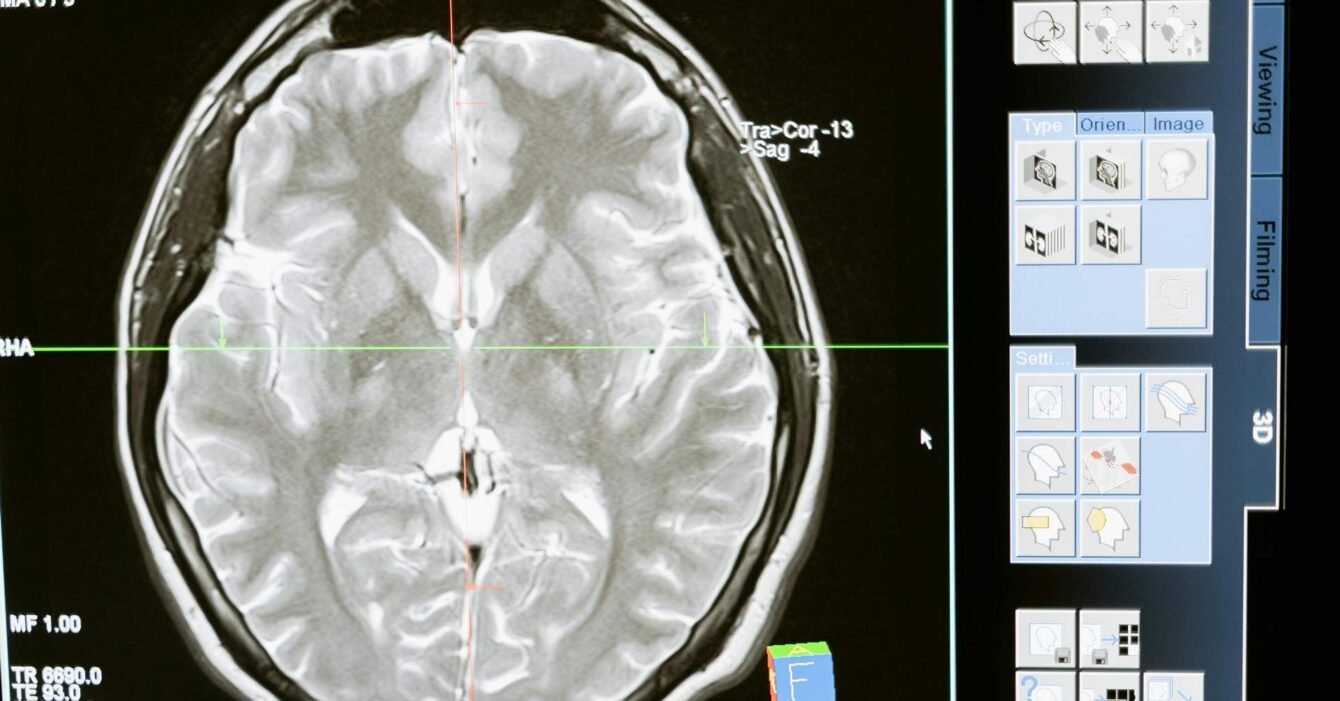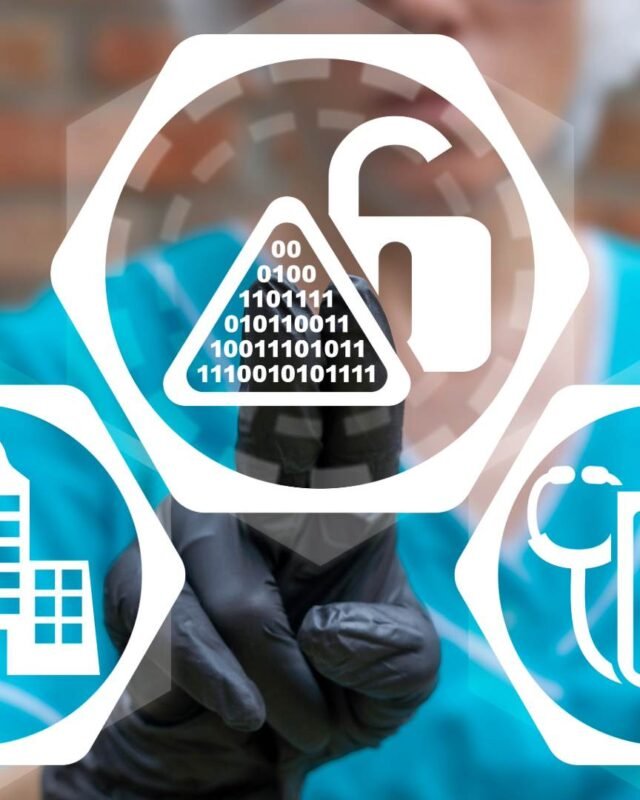Revolutionizing Healthcare: The Impact of AI Diagnostics in Saudi Arabia
In recent years, artificial intelligence (AI) has redefined various sectors, with healthcare among those seeing the most profound transformation. One of the most promising applications of AI is in diagnostics, where it enhances the accuracy and speed of identifying health conditions. In Saudi Arabia, AI diagnostics are not only advancing the medical field but are also becoming a cornerstone of the Kingdom’s Vision 2030 goals, aiming to diversify the economy and improve public well-being through high-tech healthcare solutions.
The Rapid Growth of AI Diagnostics in Saudi Arabia
Saudi Arabia is investing heavily in AI to improve its healthcare services, and the growth of AI diagnostics reflects this commitment. The AI diagnostics market in the Kingdom is set to grow from $17 million in 2022 to $204.9 million by 2030, expanding at an impressive compound annual growth rate (CAGR) of 36.5%. This upward trend showcases the nation’s drive to embrace new technologies that can lead to faster, more accurate, and more reliable diagnoses, which in turn enhance patient outcomes.
AI-Powered Precision: Reducing Errors and Improving Accuracy
Human errors in diagnosis can have serious repercussions, leading to misdiagnosis, delayed treatment, or even unnecessary procedures. AI diagnostics address this challenge by analyzing medical data more consistently and accurately. AI systems are designed to process vast amounts of information quickly, identifying patterns that may not be readily apparent to human clinicians. For instance, a UCLA study showed that an AI tool detected prostate cancer with 84% accuracy, a notable improvement over the 67% accuracy rate among doctors. This example illustrates how AI can assist medical professionals by improving the precision of complex diagnoses, ultimately leading to better health outcomes.
This precision not only boosts diagnostic accuracy but also significantly reduces human error. AI systems can operate tirelessly and remain unaffected by fatigue or cognitive biases, which can affect even the most skilled healthcare professionals. By augmenting human capabilities, AI diagnostics allow medical teams to focus on treatment and patient care with greater confidence, knowing that diagnostic processes are supported by cutting-edge technology.
Speed and Efficiency in Diagnoses
Time is often critical in healthcare, especially in emergency situations or when diagnosing progressive diseases like cancer. AI-powered diagnostic tools can rapidly analyze data from scans, lab results, and patient histories to generate comprehensive reports in a fraction of the time it might take a clinician to do the same manually. This speed enables quicker decision-making, allowing doctors to start treatments earlier when intervention is most effective.
For Saudi Arabia, where healthcare is becoming increasingly patient-centered, these time-saving technologies represent a huge step forward. Faster diagnostics reduce waiting times, streamline patient care, and help hospitals manage their resources more efficiently. Patients benefit from earlier diagnoses and treatments, improving their chances of recovery and reducing the strain on healthcare facilities.
Economic Impact and Future Growth Potential
The economic potential of AI and robotics in Saudi Arabia is equally significant, with these technologies expected to contribute over $135 billion to the national economy by 2030. AI diagnostics are a vital part of this transformation, aligning with the Kingdom’s strategic goals to diversify away from oil dependence and develop knowledge-based industries. The healthcare sector, traditionally one of the most labor-intensive, now has a new avenue for innovation and cost reduction, driven by technology.
The economic advantages extend beyond healthcare alone, as AI-based innovations foster job creation in tech-driven fields, from AI engineering to healthcare data analytics. With Saudi Arabia’s increasing focus on AI, local talent and international experts are drawn to the Kingdom, creating a dynamic ecosystem that can further drive technological progress.
Challenges in AI Diagnostics Implementation
Despite its many advantages, integrating AI diagnostics into Saudi Arabia’s healthcare system comes with challenges. Implementing these technologies requires substantial investments in infrastructure, including high-performance computing systems and secure data networks. Additionally, healthcare professionals need specialized training to work effectively alongside AI systems, while patients and providers alike must adapt to this new approach to medical care.
Ethical and regulatory concerns also play a role. Patient data privacy, algorithm transparency, and unbiased decision-making are critical to building trust in AI diagnostics. Saudi Arabia will need to establish clear guidelines to govern the use of AI in healthcare, ensuring that these technologies are used responsibly and ethically.
Looking Ahead: The Future of AI Diagnostics in Saudi Healthcare
The adoption of AI diagnostics is undoubtedly transformative for Saudi Arabia’s healthcare sector. By increasing diagnostic accuracy, reducing human error, and accelerating patient care, AI diagnostics support the Kingdom’s vision of a world-class healthcare system. With the government’s active investment and a growing market, Saudi Arabia is on track to become a leader in AI-powered healthcare solutions in the Middle East.
As these technologies continue to evolve, they will likely unlock even greater potential, from preventive health insights to personalized treatment plans. The integration of AI diagnostics represents a major step forward, positioning Saudi Arabia’s healthcare system to meet the needs of a rapidly growing population while also contributing to a diversified and resilient economy.




